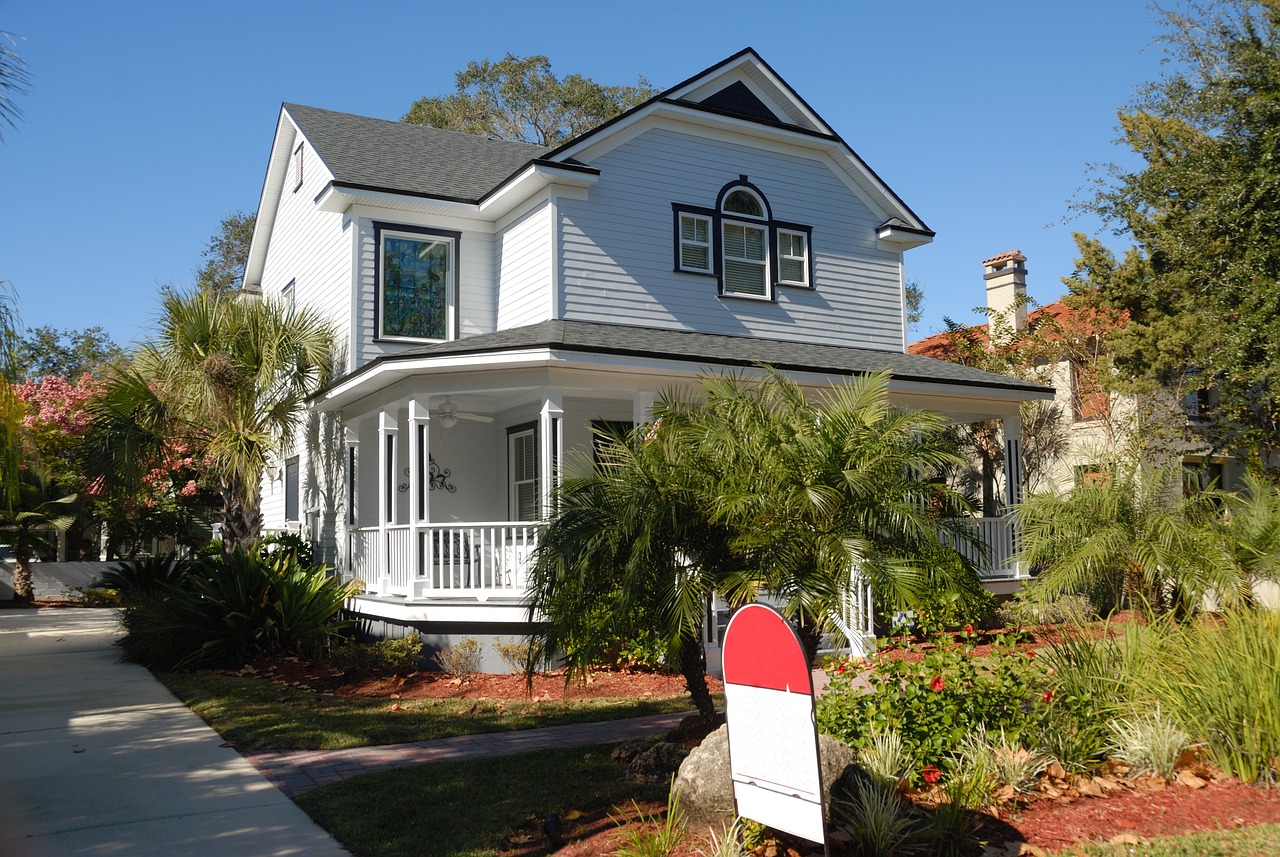

Question: How Do I Find and Evaluate Foreclosure Properties?
Answer: To find and evaluate foreclosure properties, utilize online listings, work with real estate agents specializing in foreclosures, research public records, attend foreclosure auctions, conduct property inspections, assess market value, consider repair costs, and evaluate potential return on investment.
Finding and Evaluating Foreclosure Properties: Discovering Foreclosure Opportunities
Starting your journey in foreclosure investment begins with finding the right properties. Many potential investors ask, “Where do I find foreclosure properties?” As an investor, you can employ several strategies while finding and evaluating foreclosure properties to unearth these hidden gems.
Begin by checking foreclosure listings available online. Numerous websites specialize in providing updated lists of foreclosure properties. These lists often contain detailed information about the property, making your research process more manageable.
Alternatively, local newspapers can serve as an excellent resource. They often publish notices about properties in the pre-foreclosure stage, as this is a legal requirement in many areas. Exploring these publications allows you to find properties before they hit the broader market.
Lastly, establishing connections with real estate agents who specialize in foreclosure properties can be beneficial. These agents often have access to information before it becomes publicly available, giving you a competitive edge. [ 1 ]
Follow the link to find a foreclosure real estate agent in Orangeville
Related Article: What Happens if You Default on Your Mortgage in Canada?
Related Article: What’s Involved in Understanding Ontario’s Foreclosure Process?
Deciphering the Foreclosure Process
Understanding the foreclosure process is pivotal to your success as an investor. The process typically begins when a homeowner fails to meet their mortgage obligations. The lender then initiates legal proceedings to reclaim the property.
The foreclosure process can be divided into two stages: pre-foreclosure and foreclosure. In the pre-foreclosure stage, the homeowner may still pay off their debt or sell the property to avoid foreclosure. If the homeowner can’t resolve the situation, the property moves into foreclosure and is sold, often at an auction.
As an investor, you can purchase a property at any stage of this process. However, each stage presents unique opportunities and challenges. Familiarizing yourself with these stages helps you make informed decisions.
Assessing the Property’s Condition
Once you find a potential foreclosure property, the next step is to assess its condition. Remember, foreclosure properties are often sold “as-is,” meaning you inherit any issues the property has.
Start by conducting a visual inspection. Look for visible signs of damage or neglect. These might include structural damage, outdated systems, or cosmetic issues.
However, a visual inspection isn’t enough. Hire a professional home inspector to conduct a thorough inspection. This inspection should cover the property’s structural integrity, electrical and plumbing systems, and other critical aspects. The inspector’s report provides a clearer picture of what you’re getting into.
Calculating the Costs
Evaluating a foreclosure property isn’t complete without a comprehensive cost calculation. This process involves adding up the purchase price, repair costs, and additional expenses related to the property.
The purchase price is often the largest expense. However, don’t overlook the potential repair costs. Use the home inspector’s report to estimate these costs accurately. Consider getting quotes from contractors to ensure your estimates are realistic.
Additionally, you’ll likely incur other expenses. These could include closing costs, holding costs, and any outstanding taxes or liens on the property. Factor these into your calculations to avoid unpleasant surprises down the line.
Analyzing the Market
Successful foreclosure investing involves more than evaluating individual properties. You also need to understand the broader real estate market. This understanding helps you predict potential selling prices and estimate how long it might take to sell the property.
Begin by researching comparable properties in the same neighborhood. What prices are they selling for? How long are they staying on the market? This information can help you determine a realistic selling price for your property.
Next, consider the demand for housing in the area. High demand could mean a quick sale and a good price, while low demand could lead to longer selling times and lower prices. Look at factors like employment rates, population growth, and future development plans to gauge demand.
Finally, don’t forget to consider the broader economic climate. Changes in interest rates, housing regulations, and the overall economy can all impact the real estate market. Staying informed about these changes helps you make better investment decisions.
Making an Offer and Closing the Deal
With a clear understanding of the property’s condition, costs, and potential market value, you’re now ready to make an offer. If the property is in pre-foreclosure, you’ll negotiate directly with the homeowner. If it’s in foreclosure, you’ll usually bid at an auction or negotiate with the lender.
Before making an offer, ensure you have financing in place. Foreclosure properties often require quick closings, so it’s crucial to have your finances ready. This could involve securing a mortgage, arranging a line of credit, or pooling resources with investment partners.
Once your offer is accepted, it’s time to close the deal. Work with a real estate lawyer to navigate the closing process. They’ll ensure all legal requirements are met, contracts are correct, and that the title is clear of any liens or encumbrances.
For more information head on over to this page
Conclusion
Investing in foreclosure properties can be a lucrative venture, but it’s not without its challenges. It requires careful property evaluation, a deep understanding of the real estate market, and a readiness to act when opportunities arise. By following the steps outlined in this guide, you’ll be well-equipped to find and evaluate foreclosure properties effectively, making your investment journey a successful one.
References
1. https://loanscanada.ca/mortgage/how-to-buy-a-foreclosed-home-in-canada/


